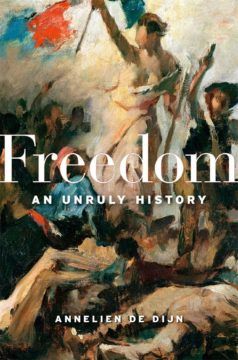 Aziz Huq in the Los Angeles Review of Books:
Aziz Huq in the Los Angeles Review of Books:
ABOUT FOUR miles from where I live in Chicago is a nondescript office building where police take people to be held incommunicado and, according to press reports, tortured. The site is called Homan Square. It has long been notorious among activists and lawyers working on police brutality. It is, they say, a place where they take “black and brown and poor kids who can’t afford to hire private counsel while they’re in custody.”
Homan Square came to national attention in 2015 when journalist Spencer Ackerman of the UK newspaper The Guardian published a detailed story about prolonged detention and violence against suspects at the facility.
Homan Square has since played an ambiguous role in the city’s political life. In 2020, the Black Lives Matter movement called for its closure. At the same time, its specter likely enervates local democracy. Work by the political scientists Vesla Weaver and Amy Lerman has shown that police contact with Black and Latino communities, especially when it involves violence, doesn’t just instill a fear of the state on the street. It also makes people less likely to vote or otherwise participate later in the political process. Homan Square may provoke activism on the street, but its shadow probably also blocks the ballot box.
I find Homan Square a useful place to start thinking about the ambivalent and complex meanings of the word freedom. In part, this is because it’s very literally close to home, but also because it presents a particularly gripping instance of the loss of freedom. Indeed, it seems intuitive to me, and I suspect to many, to say that freedom of an important sort is at stake in Homan Square. But what kind of freedom?
More here.
